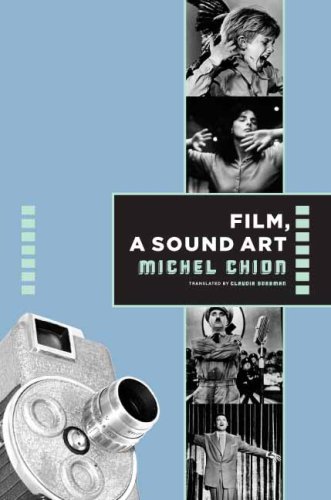Selling Your Film Without Selling Your Soul Review

SELLING YOUR FILM WITHOUT SELLING YOUR SOUL is the first book to strip away the mythology surrounding independent film distribution to present the real picture on revenue earned from a variety of release strategies. This book highlights a multitude of new techniques filmmakers are using to directly connect their films with audiences, effectively reach them through the power of the global Internet and build a sustainable fan base to last throughout a career.
Within the pages of this book, you will find marketing and crowdfunding strategies, real distribution budgets, community building activities and detailed ancillary and digital distribution revenues for independently produced films such as: Ride The Divide, The Cosmonaut, The Best and The Brightest, Sita Sings the Blues, Note by Note, Bass Ackwards, Adventures of Power, Violet Tendencies, American: The Bill Hicks Story, Undertow, For the Bible Tells Me So, and the webseries Pioneer One.










